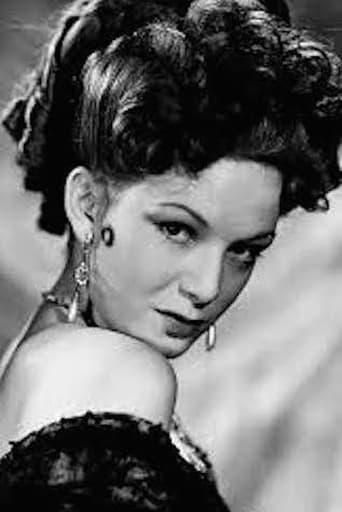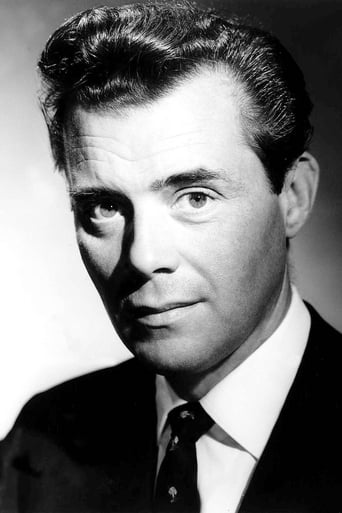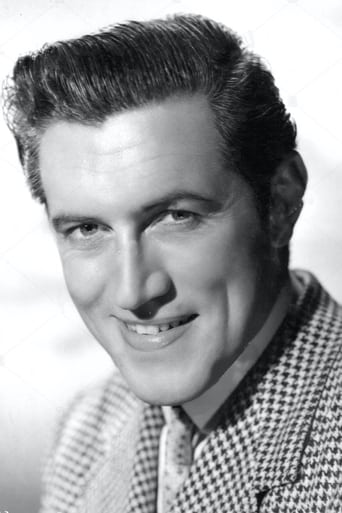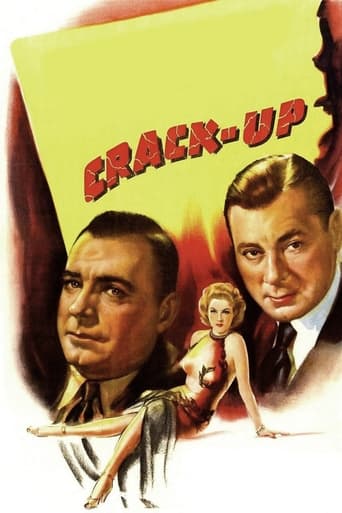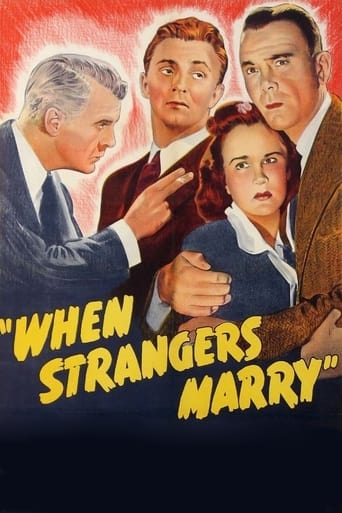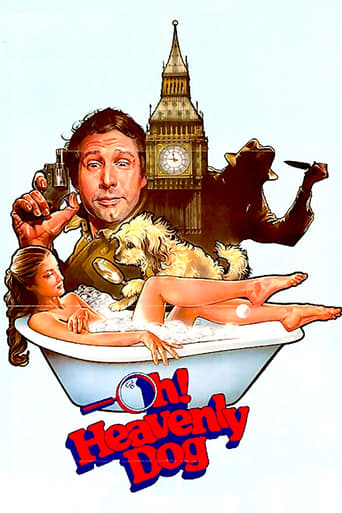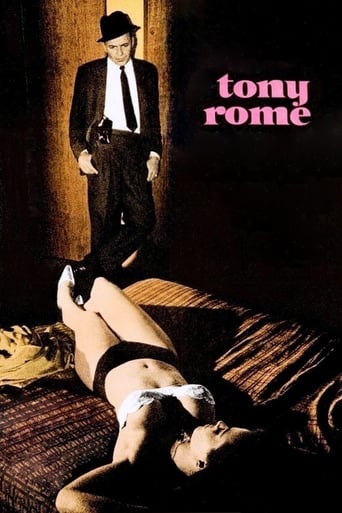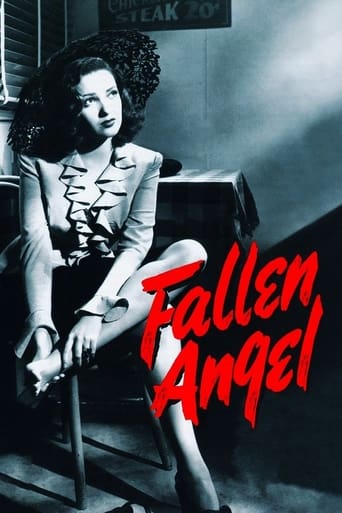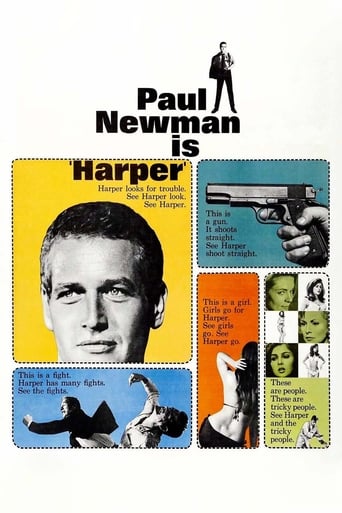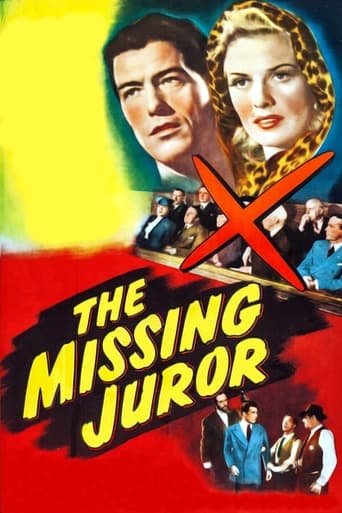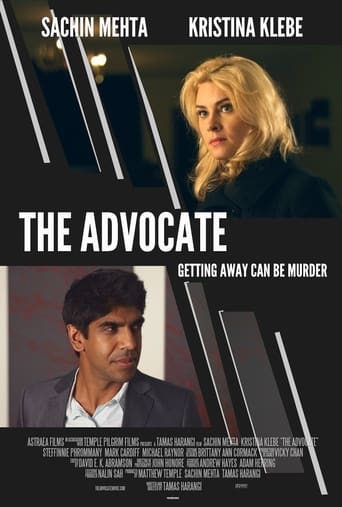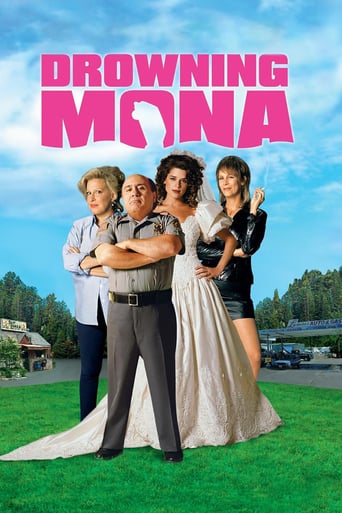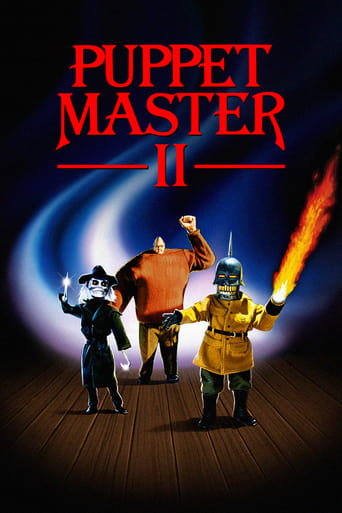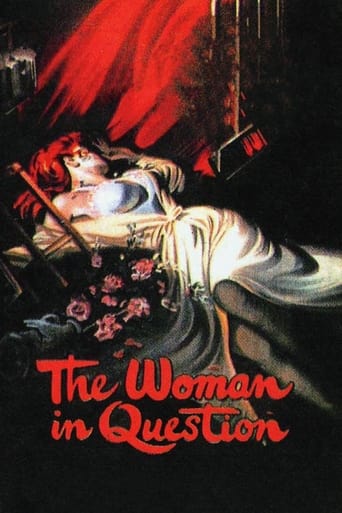
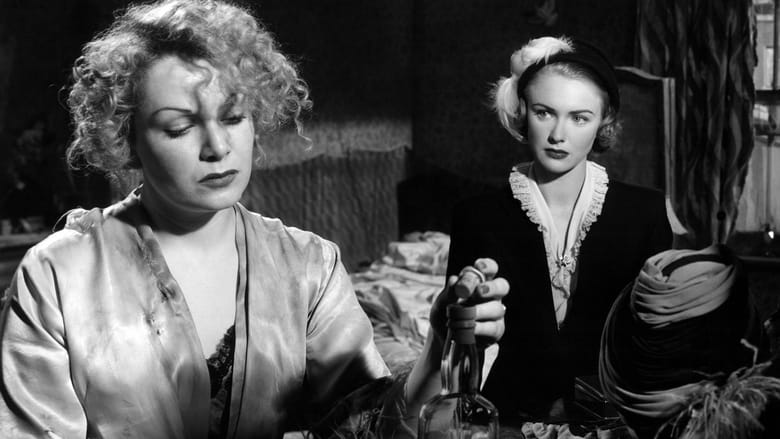
The Woman in Question (1952)
Agnes "Astra" Huston, a fortune teller at a run-down fair, is found strangled in her bedroom. As the police question five suspects, their interactions with her are shown in flashbacks from their point of view.
Watch Trailer
Cast


Similar titles
Reviews
'The Woman in Question's' potential was enormous. Love murder mysteries, Anthony Asquith often was a very reliable director and Jean Kent, Dirk Bogarde and Hermione Baddeley have all been great in other films.After seeing it, 'The Woman in Question' is solid and has some inventive elements. It mostly lives up to its potential but doesn't entirely, there are a few short-comings that bring it down from a potentially great film to just a good one worthy still of more credit. 'The Woman in Question' doesn't get into high gear straight away, it's a little too slow to begin with. Was also one of those people who found the ending abrupt, though the solution was clever and unexpected still.Most of the performances are fine, but for my tastes Duncan Macrae is a little pallid and John McCallum much too hammy.However, 'The Woman in Question' is atmospherically produced and shot. Asquith directs with a lot of engagement and command of the material, helped by that it's good stuff to work from, and the film is hauntingly scored without intruding too much.Script is thought-provoking and does a wonderful job with the development and writing of the titular character, a complex and juicy one. The story is not perfect but is mostly tense and suspenseful with some inventive elements, especially in its treatment of the titular character and what we find out about her.With the exception of two, the performances are very good. The best of the lot is Jean Kent, who is also the best thing about the film and is simply incredible with some of the widest range of emotions ever seen on film. Dirk Bogarde is charismatic in an early role and his accent, which was a good attempt to stretch his acting chops, wasn't an issue to me.In support, Hermione Baddeley in particular has a ball and Charles Victor has some fine moments, especially in the final third.Overall, good and solid film that could have been more. 7/10 Bethany Cox
When a fortune teller named Astra (Jean Kent) is found murdered, the police investigate and hear several versions of the kind of woman she was in "The Woman in Question," a 1950 British film directed by Anthony Asquith. Besides Kent, the film features the excellent Hermoine Baddeley and Dirk Bogarde, still in the early part of his career.The police are given five women and therefore, five different stories. To her neighbor Mrs. Finch (Baddeley), Astra was pure class, gracious and sophisticated with questionable taste in men. To Pollard, the owner of the pet store who was crazy about her, she was pretty, quiet, and sweet (though the audience can see how manipulative she is); to Baker (Bogarde) who wants to do a nightclub act with her, she is a tart; to her sister, she's a slovenly drunk.Finally, from a violent sailor, Mike Murray, she's a faithless woman who cheats on him while he's away. We do learn that Astra's husband is in a hospital, badly injured in the war and not expected to live, yet she doesn't visit him. She also lets Pollard do things for her for free and must realize he has a crush on her.All in all, an interesting and sometimes funny film. Kent is excellent in all of Astra's manifestations, and, since I am a Dirk Bogarde fan, I loved seeing him and hearing him with an American accent (which he actually did pretty well with). Baddeley, always excellent, is a riot. "Five Angles on Murder" or "The Woman in Question" is not the most exciting film you'll ever see, and like a lot of British films, it's a bit slow in the beginning, but it's enjoyable.
This film repays several viewings. It's not just Astra who changes according to who's telling her story. People's memories of themselves are also flattering. Astra's sister Katie as remembered by Mrs Finch is a nasal-voiced slut. As remembered by herself she is as gracious as a member of the royal family. When we see her with the police (and this we assume is "reality"), she is much nicer than Mrs Finch's view of her, but more lower-class than her own self- image. In the minds of Mrs Finch and Mr Pollard, Astra is always seen in a shaft of light, her voice is like an angel's - and her dressing gown is clean. Katie has the unkindest view of Astra - seeing her as a round-shouldered slattern with a growing out perm, a filthy dressing gown, someone who sleeps in her makeup and (ripped) stockings. Though it's pretty clear that Astra supplements her fortune telling with prostitution, Katie - who is pleasant enough to have Bob fall in love with her - seems to be exaggerating Astra's vulgarity. But at the very end, when the Inspector tells Pollard "This is what really happened" we see... Astra herself, not seen through the distorting lens of another character. And she is the hunched, harsh-voiced woman in the dirty dressing gown.Apart from the unusual psychological detective story (who killed her? who was she?) this film is great for the background of the little seaside town, the shabby fairground, the little houses unchanged for 50 years.
At first sight,"woman in question" seems to be a whodunit with a Georges Simenon flavor thrown in.The form seems intriguing,presenting twice some scenes,first from the witnesses' point of view,then from the main characters ' themselves.That's why we have five different portraits of the same woman.She 's so many women that we do not know if she is for example the nice little pet lover who falls for the birdman or the slut whom her sister depicts.Actually the trick is not new at all:see "citizen kane" ,which remains unsurpassed for that matter.And I could mention at least a dozen of movies which follows the same pattern.The crime and the flashbacks recall Marcel Carné's "le jour se lève" (1939).The plot is never really exciting and the final revelation downright disappointing,even if there's a good twist:the scene begins with one of the suspects the culprit and ends up with another one.Although at the top of the credits,Dirk Bogarde is only a supporting actor here.Another disappointment.


